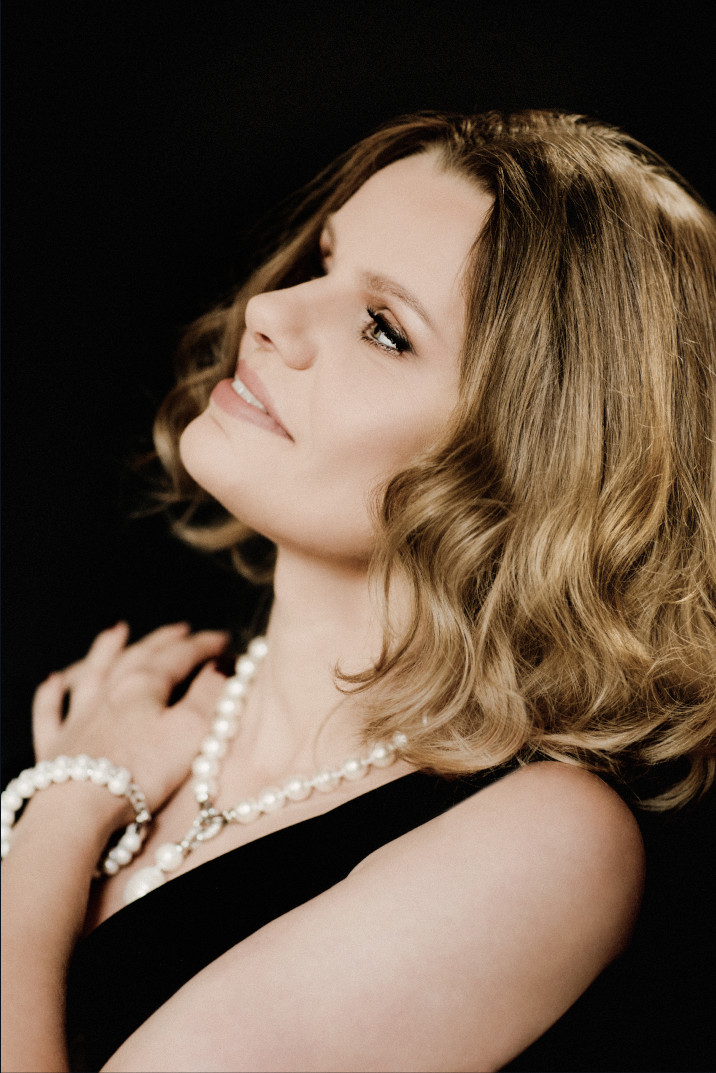Biography Highlights
Recent&Upcoming
Return to The Royal Opera House and debut with Staatsoper Berlin as Azucena Il trovatore, Amneris Aida with Arena di Verona, Ulrica Un ballo in maschera at the Royal Opera House Muscat and Opernhaus Zürich, appearances with Le Cercle de l’Harmonie, Washington National Opera as Amneris Aida and Liza in Weinberg’s The Passenger at the Polish National Opera. On the concert stage she will sing Rossini’s Stabat mater at Teatro Filarmonico di Verona, Szymanowski’s Stabat mater with Rundfunk Sinfonieorchester Berlin and with London Philharmonic Orchestra, Verdi’s Requiem at Müpa Budapest and at Zurich Opera, Il trittico in concert with National Symphony Orchestra at the Kennedy Center and Carnegie Hall.
Past
Return to Opernhaus Zürich with Verdi’s Requiem, La Cieca La Gioconda at the Osterfestspiele Salzburg and Opera Australia, Amneris Aida at Oper Frankfurt, Ulrica Un ballo in maschera at Palau de les Arts Reina Sofía and Cześnikowa The Haunted Manor at the Fryderyk Chopin Institute, The Royal Opera House, Opera Australia, Teatro di San Carlo, the Savonlinna Opera Festival as Amneris Aida, Teatro alla Scala as Ksenia’s Nurse Boris Godunov, debuts with the Dutch National Opera with Verdi’s Requiem, Rape of Lucretia at Théâtre du Capitole Toulouse, debuts at Bayerische Staatsoper as Fenena Nabucco, debut at Teatro Real Madrid as The Fortune Teller The Fiery Angel.
Discography includes Penderecki’s Complete Vocal Works conducted by the composer himself, Szymanowski’s Stabat Mater for Warner Classic and an award-winning recording of Moniuszko’s Masses, part I for DUX FRYDERYK, also the Orphée d'Or Prix Arturo Toscanini award-winning recording of Moniuszko’s Masses, part II.


































